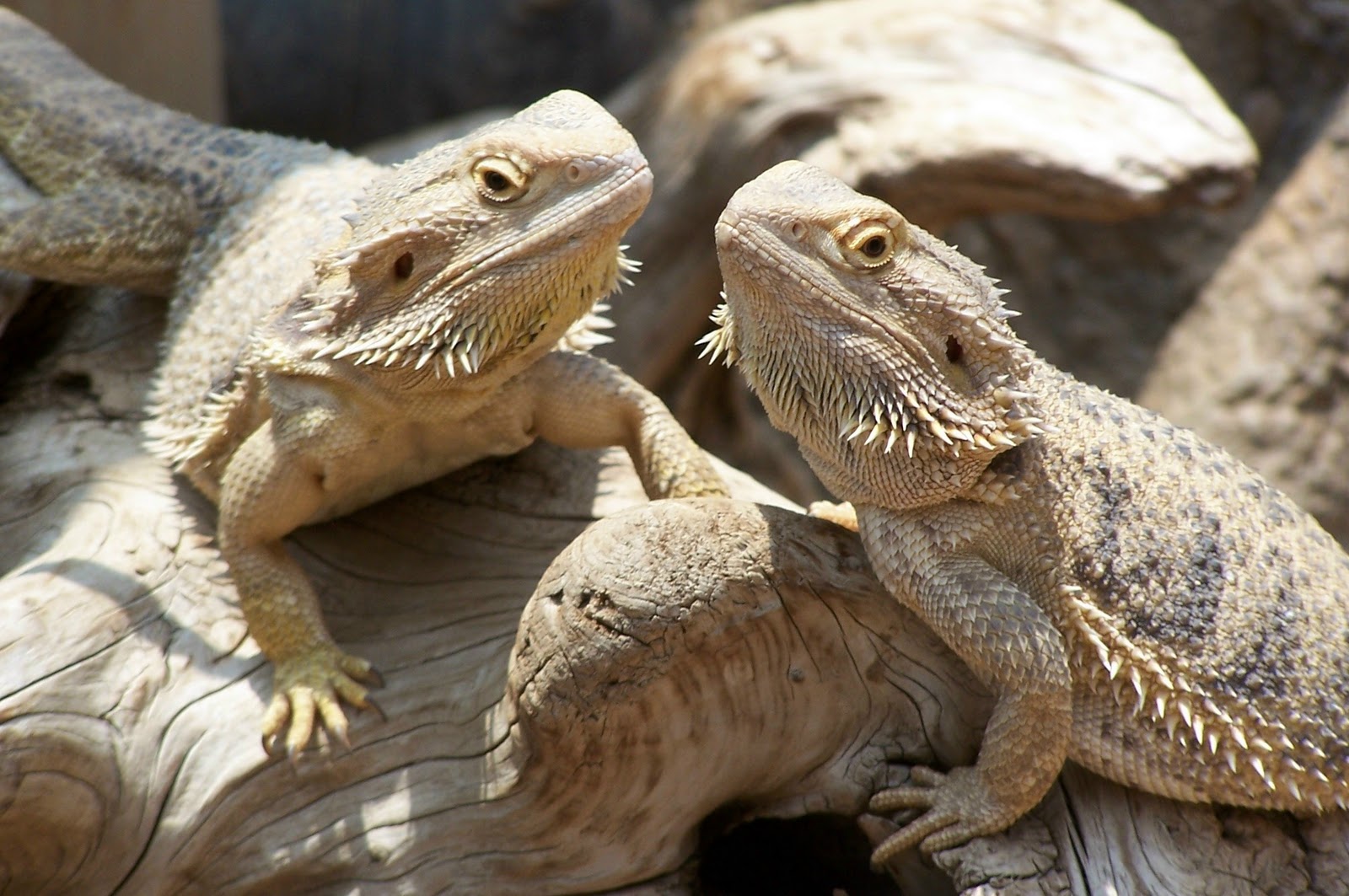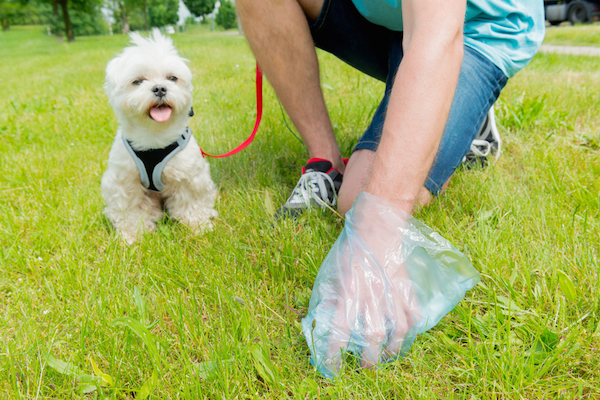Bearded Dragon Pooping Blood: Causes, Symptoms, and Treatment
Introduction
Bearded dragons are a popular choice for reptile enthusiasts. These creatures are known for their unique appearance, playful personalities, and ease of care. However, just like any other pet, bearded dragons can suffer from health issues. One of the most concerning issues that owners may experience is when their bearded dragon is pooping blood.
Signs that Your Bearded Dragon is Pooping Blood
It’s important for owners to keep a close eye on their bearded dragon’s daily activities, especially their bowel movements. If your bearded dragon is pooping blood, it may be accompanied by the following signs:
- Bloodied feces
- Change in frequency of bowel movements
- Lack of appetite
- Lethargy
- Discomfort during defecation
Causes of Blood in a Bearded Dragon’s Poop
Blood in a bearded dragon’s stool can be caused by a variety of factors, including:
- Parasites
- Gastrointestinal infections
- Hemorrhagic gastroenteritis
- Trauma to the gastrointestinal tract
- Consumption of foreign objects
- Nutritional deficiencies
Diagnosing Blood in a Bearded Dragon’s Poop
If you notice symptoms of blood in your bearded dragon’s poop, it’s important to take them to a reptile veterinarian right away. The vet will perform a physical exam, as well as run diagnostic tests to determine the underlying cause of the problem. These tests may include a fecal exam, blood work, and imaging tests.
Treating Blood in a Bearded Dragon’s Poop
Once the underlying cause of blood in your bearded dragon’s stool is determined, your vet will recommend an appropriate treatment plan. Treatment typically involves medication to help eliminate parasites or fight off infections, as well as fluid therapy to keep your bearded dragon hydrated.
Preventing Blood in a Bearded Dragon’s Poop
One of the best ways to prevent blood in your bearded dragon’s stool is to maintain their overall health. This can be achieved through the following:
- Providing a balanced and nutritious diet
- Ensuring proper hydration
- Regular veterinary check-ups
- Putting away hazardous objects that could be ingested
- Properly cleaning their enclosure
Conclusion
Bearded dragons are a joy to have as pets, but it’s important for owners to be mindful of their health. If you notice blood in your bearded dragon’s poop or any other concerning symptoms, take them to a reputable reptile veterinarian for immediate diagnosis and treatment. Prevention is key, so make sure you’re taking the necessary steps to maintain your bearded dragon’s overall health.








